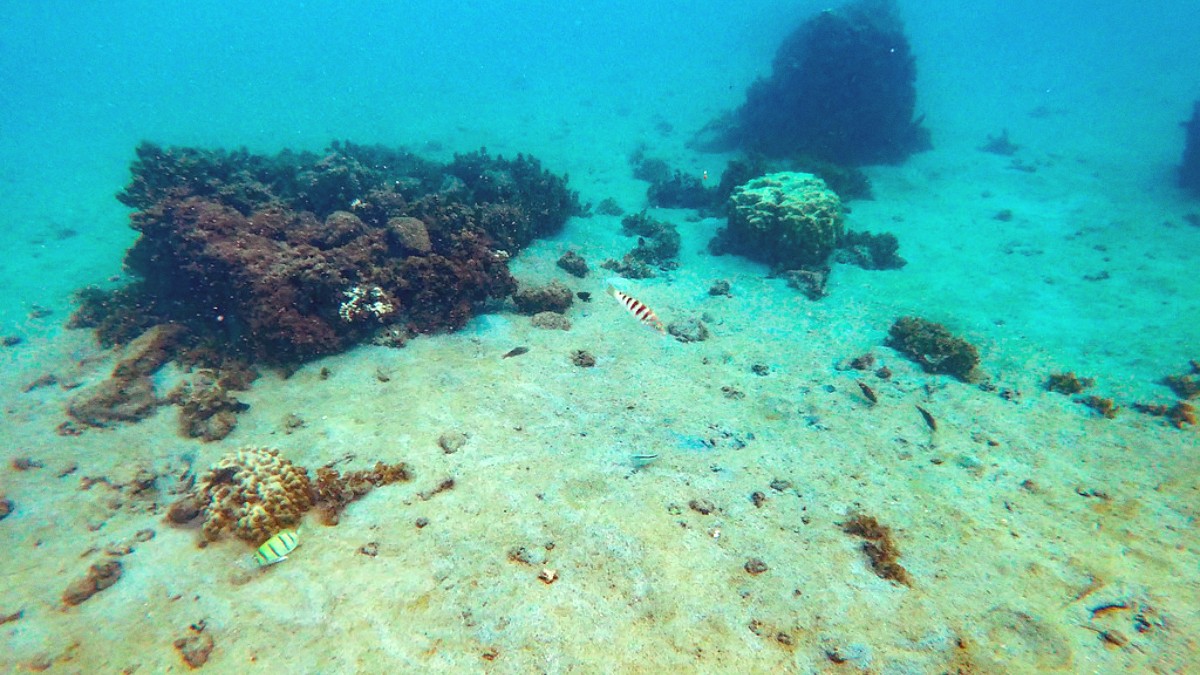
Tahiti And French Polynesia
Tuamotu cuisine developed from available island resources. Historically, islanders relied on fishing and cultivating staple crops. Coconut is prominent in many dishes. French influences brought baguettes, pastries, and certain cooking techniques.
The atoll environment means cuisine heavily relies on fresh seafood. Various reef fish, tuna, and ocean inhabitants are core. Local produce is limited, with most fruits and vegetables imported from Tahiti, affecting cost and variety.
Dining is generally informal. At pensions, meals are often served family-style, fostering interaction. Showing appreciation (Maita'i! Or Mauruuru) is welcomed. Wait to be seated at pensions or smaller restaurants.
Typically continental at pensions, served early (around 7-8 AM). Expect bread, jams, fresh fruit, coffee, and tea.
Lunch is a lighter meal, often eaten later (12-2 PM). Some pensions offer lunch, or find simple local eateries ("roulottes"). Dinner is the main meal, often served relatively early (6:30-8 PM) at pensions, with a fixed menu.
The national dish of French Polynesia. Fresh raw tuna, marinated in lime juice and coconut milk, mixed with diced vegetables. It is ubiquitous and refreshing.
Available at almost all pensions and local eateries.
This flavorful fish is often grilled, fried, or prepared in a creamy vanilla or coconut sauce. It is widely available and a popular choice.
A common and beloved local fish preparation.
A communal feast involving cooking food (pork, chicken, fish, taro, breadfruit) in an underground oven (ahi or umu). Slow-cooks food to tender perfection.
Usually for special occasions, cultural shows, or community gatherings.
Options can be challenging outside of major resorts due to heavy reliance on fish. Communicate dietary restrictions in advance at pensions.
Awareness of specific allergens is low in local establishments. Cross-contamination can occur. Larger resorts accommodate needs if informed in advance. Carry a translation card for critical allergies.
Dining choices are less varied than in larger destinations. Expect a focus on local cuisine and fresh seafood.
Small local markets in main villages sell limited fresh produce, some fish, and basic groceries. Large food halls or extensive market offerings are not present.
Halal and Kosher food is not specifically provided or easily found. Awareness of specific allergens is low in local establishments.
Formal cooking classes are rare. Some pensions might offer informal demonstrations of how to prepare Poisson Cru or other local dishes. Food tours are not a structured offering.
Inquire with your hosts if interested in informal cooking demonstrations.
Black pearl farms are a significant local industry. Visits are a popular cultural experience to learn about oyster cultivation and pearl grading. Some atolls may have small coconut plantations.
Provides insight into a major economic and cultural staple.
Offers authentic, unique dining with home-cooked meals, fostering community.
Lagoon tours often include fresh fish barbecue on a secluded islet.
Local village festivals might feature traditional food. Not regularly scheduled tourist events.
Pearl oysters are unique to the Tuamotus, a significant part of the local economy and identity.
Pensions de Famille frequently offer the best value for budget travelers, often including demi-pension or full board.
Authentic home-cooked local cuisine.
Carry a Translation card for critical allergies. This helps explain your needs clearly to restaurant staff.
Clear communication matters.
Traditional dishes like Ma'a Tahiti are more common during festivals (e.g., Heiva I Tahiti in July).
Consider booking accommodations that include demi-pension (breakfast and dinner).
Vegetarian and vegan options can be challenging outside of major resorts due to the heavy reliance on fish in local cuisine.
If your accommodation has kitchen facilities, buying imported canned goods or dry goods from small local shops might be an option.
Pensions often use fresh vegetables, fruits, and starches, but fish is a staple.
Always ask your host about the source of any fish. This helps to avoid ciguatera fish poisoning, which can result from eating certain reef fish.
Local knowledge is for safe consumption.
Given the remote nature of the islands, medical facilities are limited.
For severe allergies, carrying emergency medication is advisable.
Most fruits and vegetables are imported, making them more expensive and less varied than in other regions.
The cuisine reflects resourcefulness and a deep connection to the ocean. Simplicity and freshness define the local food scene.
Local cuisine is fish-centric. Pre-plan for specific dietary needs. Embrace the informal, communal dining at pensions.